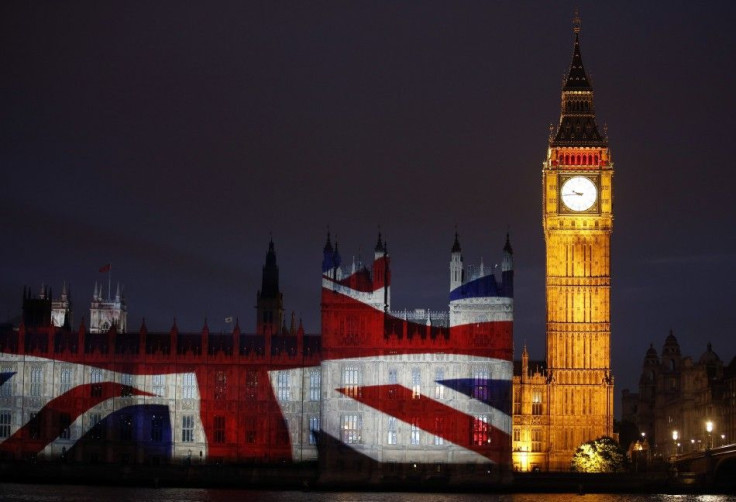China Visa Plan Raises 'National Security' Concerns In UK

The British Home Secretary has warned that a new proposal from the Culture Secretary to increase Chinese tourism to the U.K. by making it easier for nationals from China to obtain visas, may pose a national security threat.
Theresa May expressed her concerns in a leaked letter to Downing Street written by her principal private secretary, criticizing aspects of Culture Secretary Jeremy Hunt's £8 billion ($12.56 billion) marketing campaign geared toward Chinese tourists -- particularly his claim that the U.K.'s separation from the E.U.'s 25-nation Schengen free travel zone was discouraging tourism from China.
"The hypothesis that because the U.K. is outside the Schengen visa, we have to work harder to attract Chinese visitors is weak and based on anecdotal evidence," read the letter, first seen by the Daily Telegraph.
"Indeed the hard evidence shows the opposite," adding that one in four Schengen visa applicants also applied for a U.K. visa."
Hunt suggested that U.K. visas be automatically granted free of charge to holders of Schengen visas, a proposal which May's letter characterized as "unacceptable ... for national security reasons."
"We have real evidence that the Schengen process around ADS (Approved Destination Status) agents does not match the U.K.'s scrutiny and decision quality or apply the same risk assessments," the letter continued.
May's letter argued that a relaxation of visa policies could lead to an influx of asylum-seekers and criminals from China, citing figures that showed 1,000 asylum applications in 2011 and 400 "Foreign National Offenders" are currently in the process of deportation.
She added that the U.K. is facing "significant challenges" with Chinese organized crime, "including drugs, money laundering, fraud, criminal finances, intellectual property, immigration and cyber crime."
"Our visa regime is a key tool in supporting out agenda to protect the public against significant harm," the letter read.
But What About The Money?
Hunt's plan hopes to cash in on London's post-Olympics buzz, targeting Chinese tourists who, on average, spend three times more than other overseas visitors.
"Nobody should underestimate the opportunity China and its cities represent," said Hunt, announcing his plan Tuesday.
"By 2030, China should have around 1.4 billion middle class consumers -- creating a potential market four times bigger than America."
The U.K. currently receives around 150,000 Chinese tourists every year, a figure that Hunt is hoping to increase to 500,000 by 2015, which is expected to generate an additional £500 million ($787.1 million) in spending for the country's tourism industry, creating over 14,000 new jobs.
"The Home Secretary welcomes a marketing strategy for attracting more Chinese tourists and we will actively support these aims whilst continuing to ensure secure border controls," the letter read, while questioning Hunt's suggestion that visas were the central issue for tourists.
"If we are to increase our share of the tourist market (compared to Europe) we need to look far wider than visas," it continued.
"Research shows that there are multiple factors that might influence a decision to travel to the UK -- visas are just one and not the main influencer."
May's letter also pointed out that the visa application process has been streamlined since the previous year, and yet applications were down this summer, which she attributed to the increase in airfare and accommodations as a result of the Olympics.
The letter also cited research from the U.K.'s national tourism agency VisitBritain that indicates the most important factor for Chinese tourists in selecting a destination is "scenic natural beauty," which the agency found the U.K. ranked 10th in comparison to other countries.
"The same research shows that only 28 percent of Chinese who visit the U.K are extremely likely to recommend the U.K. afterwards (compared to 39 percent on average for all tourists). It is these types of perceptions before visiting the U.K and experiences in the U.K. that need urgent attention if we are to achieve the goal of 500,000 tourists," the letter read in closing.
© Copyright IBTimes 2024. All rights reserved.











